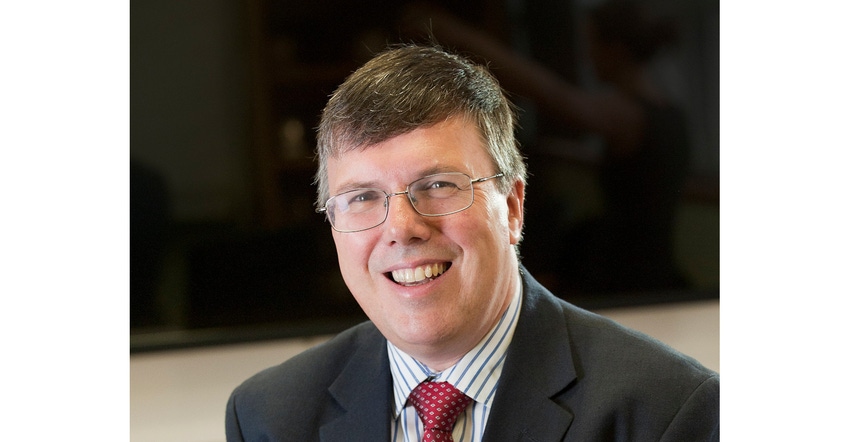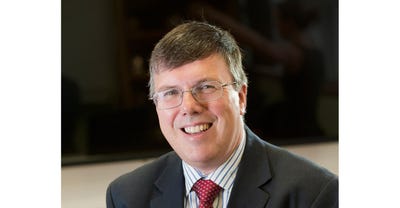Training & Development of Staff Post-Pandemic is More Important Than Ever
Training and professional development has quite understandably taken a backseat over the last few years as we have all focused on keeping industry going.

The last four years have seen unprecedented turmoil in our way of life and led to significant changes in both our pattern of activity and our outlook and perspective on life. The global pandemic certainly caused a jolt to our relatively predictable lives and in many ways challenged our confidence and our view of the world. This had a great impact on our way of working, our priorities in life, and our propensity to travel.
There is little doubt that we are all gradually returning to a sort of “normality” although there is no doubt that it will take much longer than we imagined. Some things have probably changed forever and the cultural change that COVID-19 generated may take a long time to normalize.
Need for a Strong Manufacturing & Processing Industry
One thing that hasn’t changed is the need for a strong manufacturing and process industry if we are to maintain and indeed enhance our standard of living. Bulk material handling of course is a critical, if not always recognized, technology that is vital to the mining and process industry and it will be essential to maintain an adequate supply of suitably educated and trained engineers and technicians in this field. This is not a trivial task given some of the cultural changes in attitudes that COVID has bestowed.
It is also vital to ensure that the expertise within the industry is not lost and that our aging specialists are encouraged to pass on their wisdom to future generations through contributions to continuing professional development through conferences, workshops, and seminars, as well as on-the-job training.
Importance of Personal Interaction
Training and professional development has quite understandably taken a backseat over the last few years as we have all focused on keeping industry going. The ability to attend workshops and conferences in person has been very much restricted although this has led to a significant increase in on-line delivery methods, which have often been very successful. We have all learned to use Zoom and Teams and become much more comfortable using these platforms. However, this approach does have a downside. Much of the benefit derived from peer-to-peer conferences and workshops comes not from the formal sessions but from the personal interactions and networking that takes place outside the conference room.
Last July, the 14th International Conference on Bulk Materials Storage, Handling and Transportation was held in Wollongong, Australia. This Australian international conference series began more than 40 years ago in 1983. The conference runs on a three-year cycle although it was delayed by a year due to COVID. The conference is characterized by almost half of the attendees being from overseas and a high proportion of the presenters are industry professionals, mostly from user companies presenting high-quality technical case studies. This latest conference was no exception, and it was certainly pleasing to see that after a very difficult four years this conference has bounced back.
The Australian international conference series is one of a number of international conferences on bulk material handling. In September, the next in the conference series “Conveying and Handling of Particulate Solids” (CHoPS) will take place at the University of Edinburgh, UK. I would strongly urge user companies to consider submitting a technical abstract to this conference. It is hard to overestimate the importance of industry/academic interaction at these events which do so much to further the science and technology of bulk solids handling.
Emeritus Professor Mark Jones, PhD holds the Chair in Bulk Solids Handling at the University of Newcastle, Australia. He is also the director of the Centre for Bulk Solids and Particulate Technologies and director of TUNRA Bulk Solids Handling Research Associates. He is currently chair of the Australian Society for Bulk Solids Handling, Engineers Australia. For more information, visit www.bulksolids.com.au.
About the Author(s)
You May Also Like




